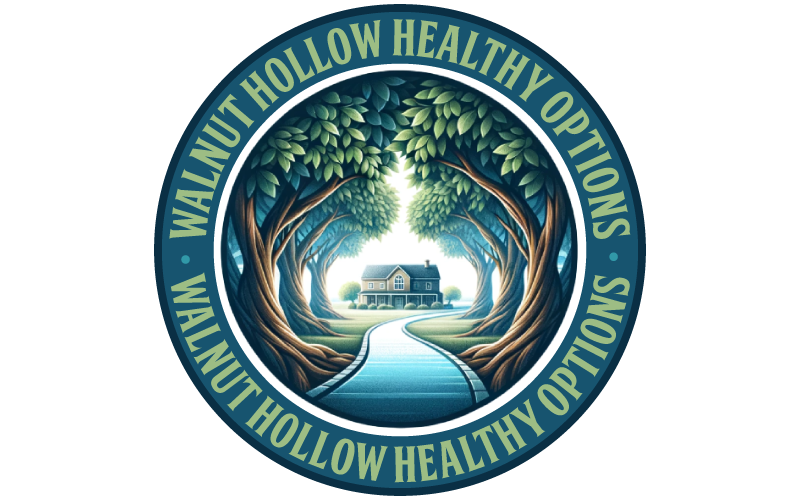In our pursuit of optimal health, understanding our body’s nutritional needs is paramount. Vitamins play crucial roles in maintaining bodily functions, from boosting the immune system to supporting bone health. However, vitamin deficiencies can often go unnoticed until they manifest in more serious health issues. Recognizing the signs of vitamin deficiencies and understanding how to address them can lead to a healthier, more balanced life.
The first step in identifying vitamin deficiencies is to be aware of common symptoms that might indicate a lack of specific nutrients. Fatigue, for example, is a widespread symptom that can be caused by deficiencies in several vitamins, including B12, D, and iron. Vitamin B12 is essential for red blood cell production and neurological function. A deficiency in B12 can lead to anemia, characterized by fatigue, weakness, and pale skin. Sources of B12 include meat, dairy, and fortified plant-based products. For those following a vegetarian or vegan diet, B12 supplements might be necessary to meet daily requirements.
Vitamin D deficiency is another common issue, especially in regions with limited sunlight. This vitamin is crucial for bone health, as it aids in calcium absorption. Symptoms of deficiency include bone pain, muscle weakness, and frequent infections. While sunlight is a primary source of vitamin D, it can also be found in fatty fish, fortified dairy products, and supplements. Blood tests can determine vitamin D levels, allowing for appropriate dietary adjustments or supplementation.
Iron is vital for oxygen transport in the blood, and a deficiency can lead to anemia, with symptoms such as extreme fatigue, dizziness, and shortness of breath. Iron-rich foods include red meat, poultry, seafood, beans, and spinach. To enhance iron absorption, it’s beneficial to consume vitamin C-rich foods, such as citrus fruits, tomatoes, and bell peppers, alongside iron-rich meals.
Another vitamin to monitor is vitamin C, which is essential for collagen production, wound healing, and immune function. A deficiency in vitamin C can result in symptoms like bleeding gums, slow wound healing, and frequent bruising. Scurvy, although rare in modern times, is a severe form of vitamin C deficiency. Consuming a variety of fruits and vegetables, such as oranges, strawberries, kiwi, and bell peppers, can help maintain adequate vitamin C levels.
Vitamin A is important for vision, immune function, and skin health. Deficiency symptoms include night blindness, dry eyes, and an increased risk of infections. Vitamin A can be found in animal products like liver and dairy, as well as in plant-based sources such as carrots, sweet potatoes, and spinach, which contain beta-carotene that the body converts into vitamin A.
Vitamin E is a powerful antioxidant that protects cells from damage. A deficiency in vitamin E is rare but can occur in individuals with fat-malabsorption disorders. Symptoms include muscle weakness, vision problems, and a compromised immune system. Nuts, seeds, and green leafy vegetables are good sources of vitamin E.
Folate, or vitamin B9, is crucial for DNA synthesis and cell division. A deficiency can lead to anemia and developmental issues during pregnancy. Symptoms include fatigue, mouth sores, and poor growth. Folate is abundant in leafy greens, legumes, nuts, and fortified cereals.
To accurately determine which vitamins your body is lacking, consider getting a comprehensive blood test. This test can measure levels of various vitamins and minerals, providing a clear picture of your nutritional status. Healthcare providers can then recommend specific dietary changes or supplements to address any deficiencies. It’s important to approach supplementation with caution, as excessive intake of certain vitamins can lead to toxicity and adverse effects.
Regularly monitoring your diet and being mindful of potential deficiencies is a proactive approach to maintaining health. Diversifying your diet to include a wide range of nutrient-dense foods can prevent deficiencies and promote overall wellness. For example, incorporating a rainbow of fruits and vegetables ensures you receive a variety of vitamins and minerals. Whole grains, lean proteins, and healthy fats also play crucial roles in supporting a balanced diet.
Listening to your body and noting any persistent symptoms can provide early clues about potential deficiencies. Consulting with a healthcare professional, such as a dietitian or a doctor, can help interpret these symptoms and guide you toward appropriate tests and treatments.
In conclusion, understanding your body’s vitamin needs is essential for maintaining health and preventing deficiencies. By recognizing the symptoms of common vitamin deficiencies, seeking professional advice, and maintaining a balanced diet, you can ensure your body receives the necessary nutrients for optimal function. Regular monitoring and mindful eating habits can lead to a healthier, more vibrant life, free from the complications of vitamin deficiencies.

